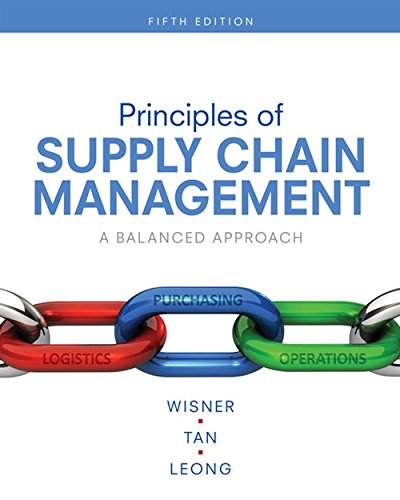Organizational Behavior and Management, 10th Edition – Test Bank
chapter 4
Student: ___________________________________________________________________________
1. Different individuals will perceive the same thing in different ways, because each gives his or her own meaning to stimuli.
True False
2. The stimuli that a person focuses on is based on what he or she chooses to pay attention to at a particular moment.
True False
3. The United States is exporting low-skill, low-paying jobs and importing high-skill, high-paying jobs.
True False
4. If interviewers rate candidates who are similar in appearance, background, and interests higher than candidates who are dissimilar, they are making a “self promotion” perception error.
True False
5. Subordinates recognize rewards for good performance just as frequently as supervisors feel they offer them.
True False
6. A manager has a responsibility to manage within a framework that permits perceptual differences to be voiced without fear or impatience.
True False
7. Stereotyping is useful for categorizing individuals, events, or organizations on which you have limited information or observation.
True False
8. At times, prejudice can be traced to direct experiences with members of the rejected group.
True False
9. Group prejudice occurs when a person takes a disliking to a whole group of individuals.
True False
10. Stereotyping can be a useful process in that it can greatly increase our efficiency in making sense of our environment.
True False
11. Stereotypes are frequently based on little or inaccurate information.
True False
12. Stereotypes are often accurately applied to specific individuals.
True False
13. An individual’s attractiveness can significantly influence managerial decisions.
True False
14. Research has found that attractive women in management receive higher performance reviews and pay raises than do attractive women in non-managerial positions.
True False
15. Managers perceiving the behavior and individual differences of employees are often influenced by their own traits.
True False
16. A manager who is a perfectionist tends to look for perfection in subordinates.
True False
17. A lack of time can force managers to ignore certain stimuli.
True False
18. According to attribution theory, it is the event itself, not the perceived cause of the event, that influences a person’s behavior.
True False
19. Consistency is the degree to which a person behaves similarly in different situations.
True False














Reviews
There are no reviews yet.